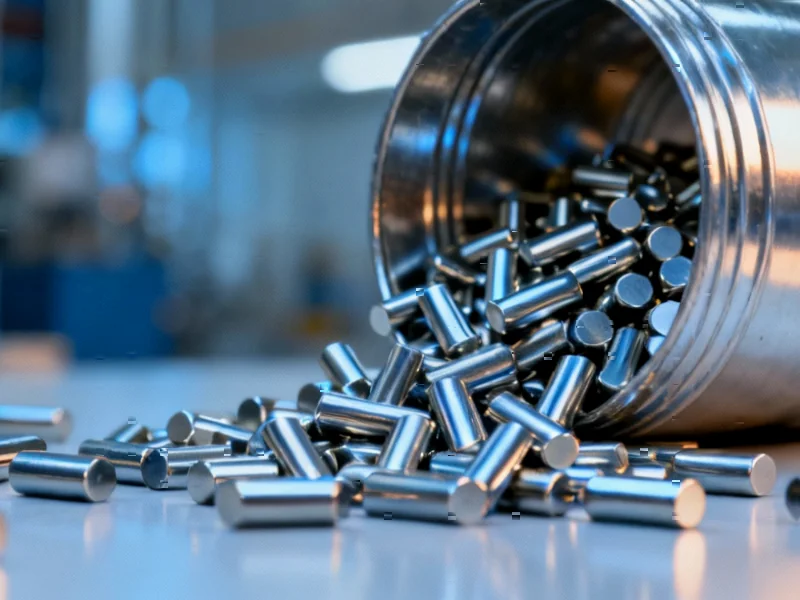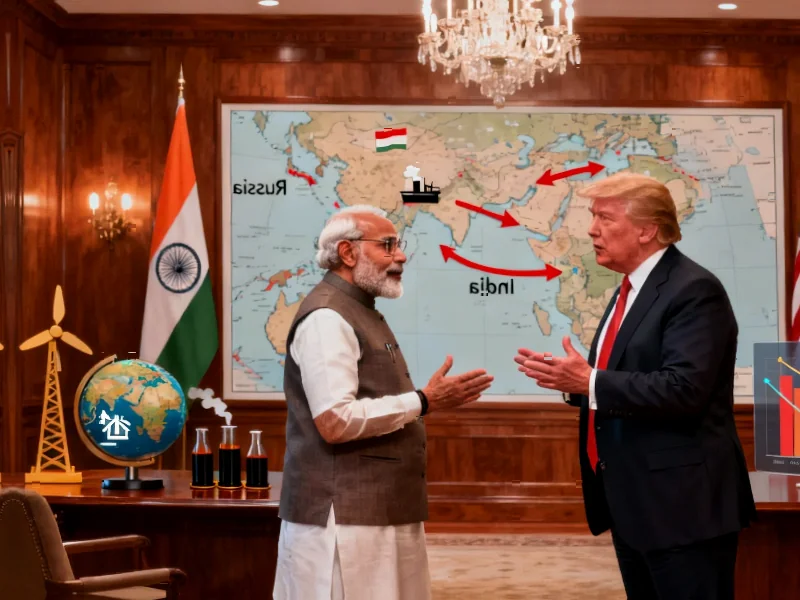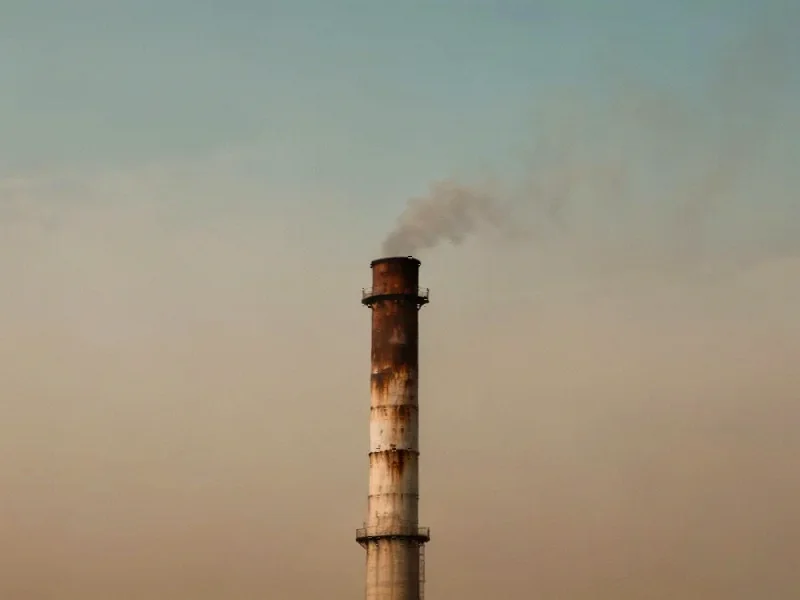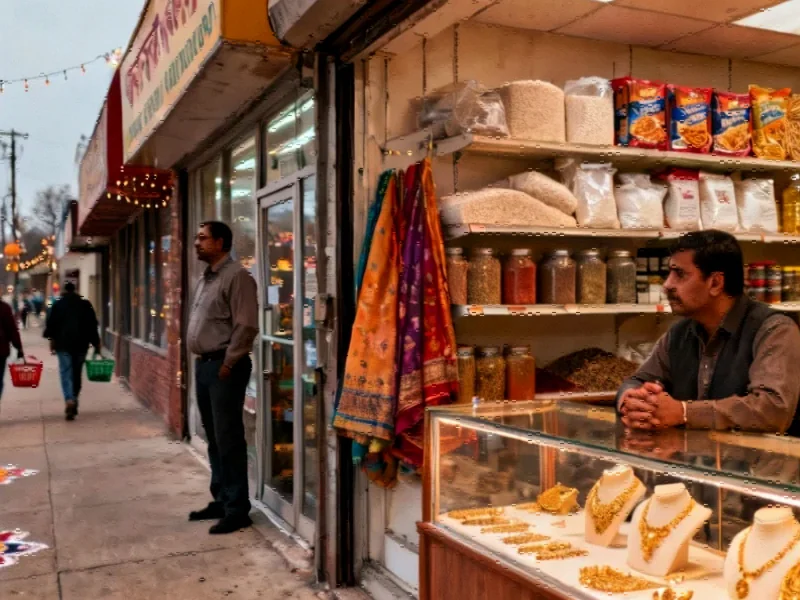U.S.-Australia Critical Minerals Partnership Spurs Market Optimism Amid Implementation Questions
A new critical minerals agreement between the United States and Australia has ignited investor enthusiasm in mining sectors. While political leaders celebrate the strategic partnership, industry experts caution that significant details remain unresolved and challenging China’s market dominance will require substantial time and investment.
Strategic Minerals Agreement Sparks Market Reaction
A newly signed critical minerals deal between the United States and Australia has reportedly triggered a rally in mining stocks, according to market analysts. The agreement, signed by U.S. President Donald Trump and Australian Prime Minister Anthony Albanese in Washington, has generated investor optimism about potential projects that could diversify global supply chains for minerals essential to defense and modern technologies.









